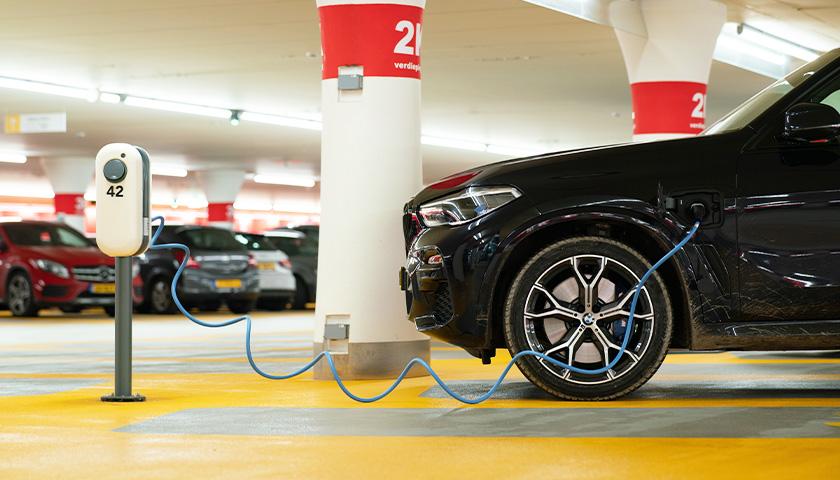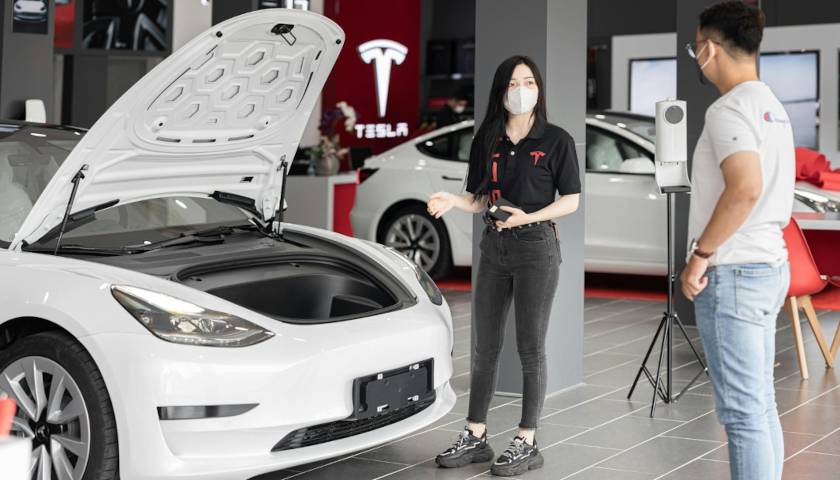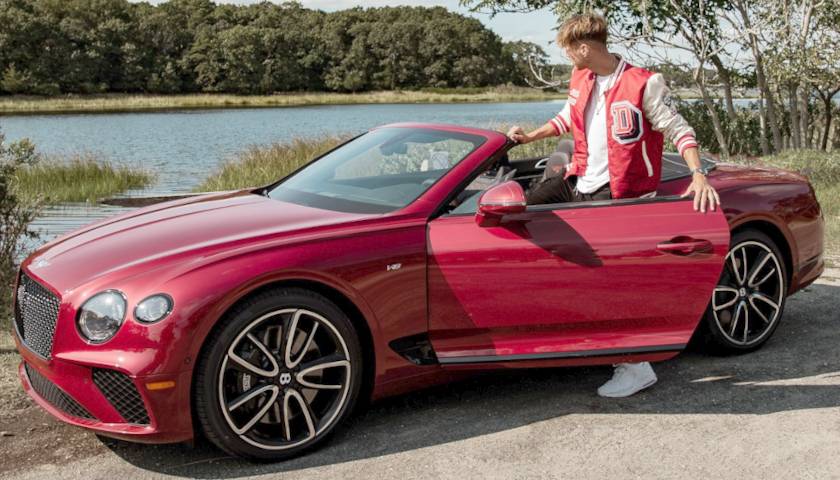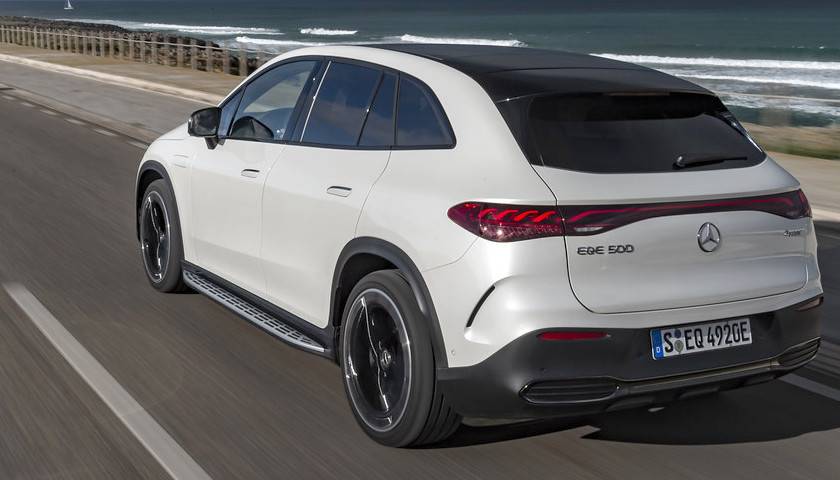Automakers have continued to backpedal on electric vehicle (EV) targets over the last year as a slackening of consumer demand has hampered growth despite the billions in subsidies lavished on the industry by the Biden-Harris administration.
A wide array of auto manufacturers have abandoned key EV goals since February, with Volvo, Ford and Mercedes-Benz all dialing back electric quotas or dropping previously planned product lines. The shifts in corporate strategy suggest the EV transition — once touted by auto executives like Ford CEO Jim Farley as the industry’s future — may not be as feasible as once thought due to consumer aversion to lower mileage ranges, a lack of charging infrastructure and higher prices, experts told the Daily Caller News Foundation.
Read More



